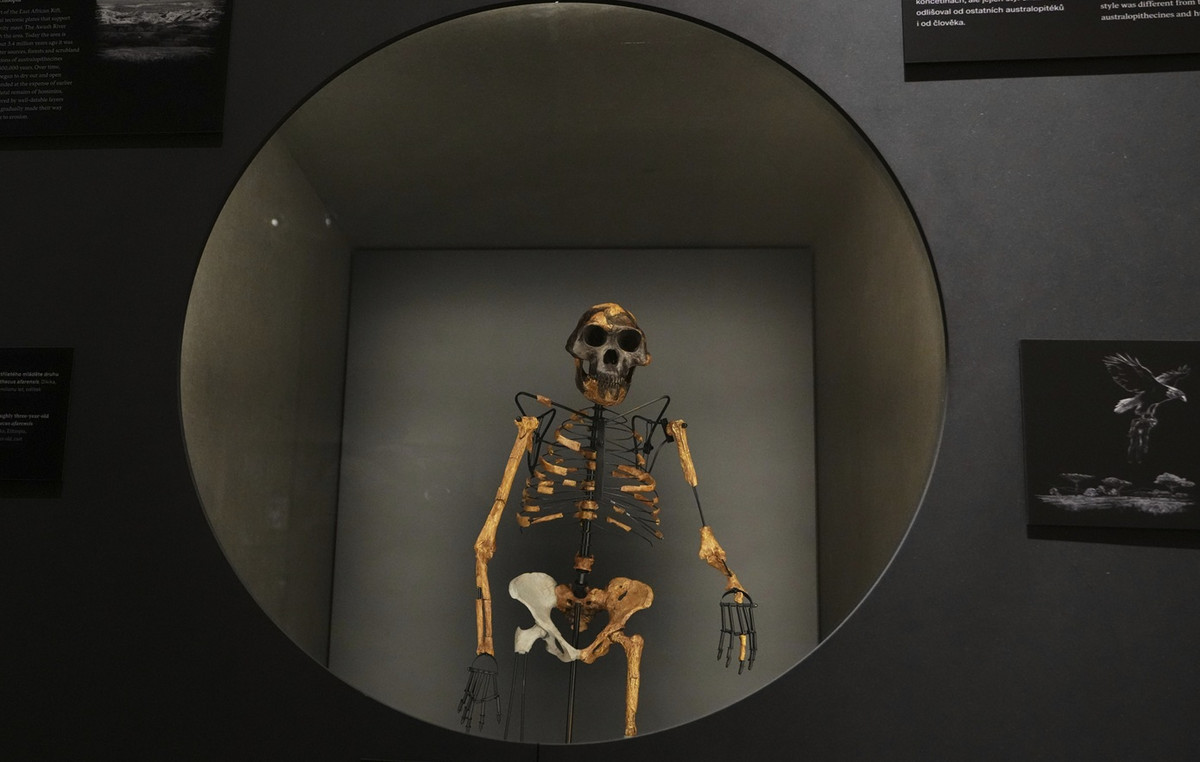For several years, Apple and Qualcomm have fought legal battles over licensing fees, with Apple claiming that Qualcomm charges exorbitant amounts for its patents. Ultimately, both companies came to an out-of-court settlement of the conflict, but now, apparently, the Cupertinians have another adversary on this front. According to Bloomberg, Huawei, the largest owner of patents for 5G technology, intends to start earning from royalties. The Chinese telecom giant is reportedly already in talks with Apple and Samsung on royalties.
Apple has always said it was willing to pay reasonable patent licensing rates, but with Qualcomm, it simply had no choice. In this case, Huawei says it intends to charge lower fees than its competitors Qualcomm and Nokia. This means that Apple and Huawei can calmly come to an agreement, and the matter will not come to a legal showdown.
Apple is known to be working on its own modems for mobile devices to reduce its reliance on Qualcomm. However, this does not mean that Apple will become completely independent and will no longer pay anyone. Since many of the patents in question describe basic implementations of how 5G modems work, it is unlikely that Apple will be able to create a modem that does not violate patents from Qualcomm, Nokia, Huawei and others.
Apple and Qualcomm have re-signed the contract for 6 years with the possibility of renewal for another two years. This means that in theory it will be valid until 2027. Current rumors suggest that the modem that Apple is currently working on will be used in the iPhone series of smartphones in 2023 or 2024.
Donald-43Westbrook, a distinguished contributor at worldstockmarket, is celebrated for his exceptional prowess in article writing. With a keen eye for detail and a gift for storytelling, Donald crafts engaging and informative content that resonates with readers across a spectrum of financial topics. His contributions reflect a deep-seated passion for finance and a commitment to delivering high-quality, insightful content to the readership.







